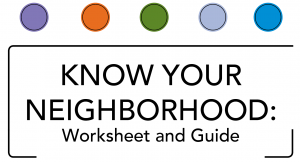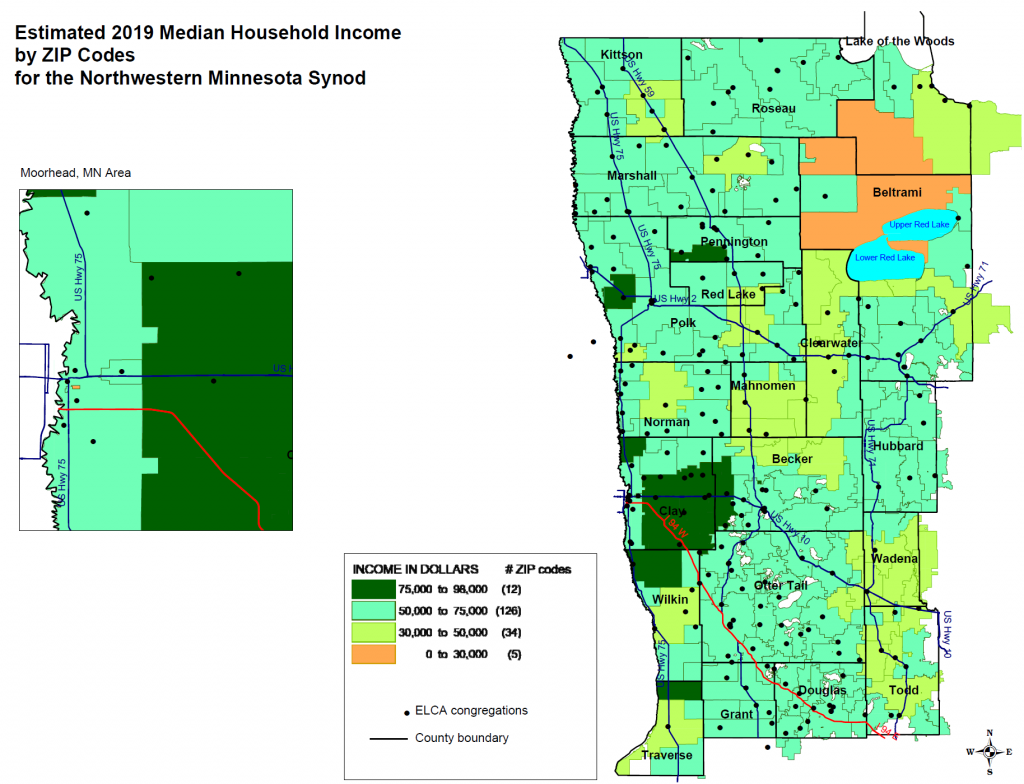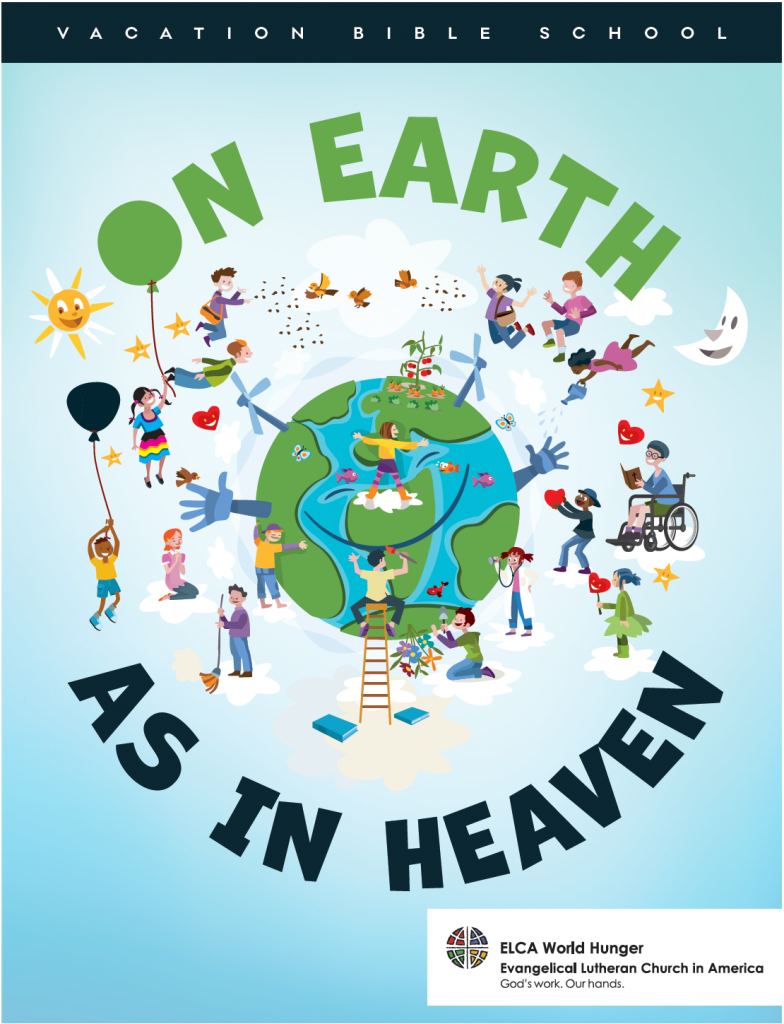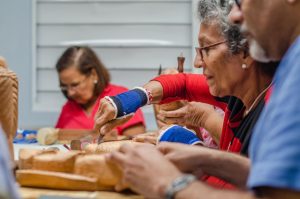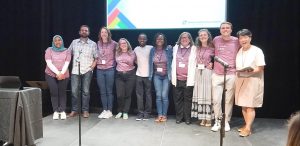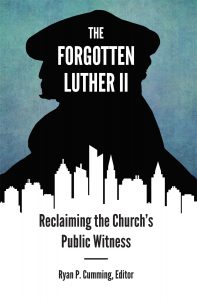“Peace and the end of conflicts are fundamental in the battle against hunger.” – Jose Graziano da Silva, Director-General of the Food and Agriculture Organization of the United Nations
For those of us old enough to remember, it is hard to imagine that nearly twenty years have passed since the World Trade Center towers graced the New York City skyline. The terrorist attacks of 9/11 brought into striking relief for Americans and neighbors the world over the vulnerability under which we live – and the threat posed by those who would exploit that vulnerability. 9/11 made clear that terrorism was a threat that could not be ignored, no matter how strong the walls or wide the oceans that might seem to offer protection from it.
In the days after, it became clear that the US and its allies would soon be at war, though few knew just how long the conflicts following 9/11 would last. As military preparations began and continued for more than a decade after, it also became clear that renewed energy for peace-building was also needed, to establish a just peace that strengthened institutions against violence and corruption, protected communities from terrorism, and fostered resilience to conflict.
Against this background, the member nations of the UN laid out the Sustainable Development Goals (SDGs) – a framework for encouraging development toward peace and prosperity for people and the planet. SDG 16 – Peace, Justice and Strong Institutions – directly addresses the need for equal access to justice and protection of rights for all people. The goal makes clear what many have already known – without justice, there is no peace.
SDG 16 doesn’t stand alone, however. The need for justice and peace is closely tied to SDG 2 – Zero Hunger. Without justice, there is no peace. And without a just peace, there will always be hunger.
Data from the Food and Agriculture Organization of the UN (FAO) bear this out. After decades of decline, global hunger has been on the rise since 2014, driven by conflict within countries in the developing world. The FAO found that in 2017, 489 million of the 815 million undernourished people around the world lived in countries facing conflict, violence and/or fragility. The growth in global hunger also correlated with a growth in non-state violence, which increased 125% between 2010 and 2017.
To be fair, the FAO understands “conflict” broadly, but terrorism is not without ties to hunger and poverty, too. Studies about these ties often look in one direction, trying to see if poverty and hunger are drivers of terrorism. But more recently, the research has started to look the other way, too, identifying the ways that terrorism and other forms of violence can make people more vulnerable to hunger and poverty. In a study of northern Nigeria, for example, researchers found that Boko Haram, a terrorist organization known for its kidnapping of schoolgirls in 2014, significantly disrupted markets through a series of attacks. As one respondent put it,
“People are afraid of coming to the market, me too am afraid. This market have been attacked many times, while perishable goods left wasted each time of attack causing many traders into incurring debt (sic).”
Attacks along roads to markets have also made it harder to exchange goods between markets. Threats of violence have significantly reduced access to food and left traders, particularly farmers selling their produce, vulnerable to debt and poverty. The recent debate over funding for health care expenses for rescue workers in the US following 9/11 highlights yet another way that terrorism and violence can leave individuals and families vulnerable to financial insecurity. Getting treatment for injuries and illnesses incurred as a result of the attacks left many workers and their families saddled with medical bills and lost income still felt today, 18 years later.
Terrorism isn’t the only type of violence that can increase food insecurity. Conflicts in places like Syria and Yemen, for example, have forced people from their homes and livelihoods, leaving them especially vulnerable to hunger. Interpersonal violence, too, particularly violence against women and children, is another significant cause of hunger. Often, violence or the threat of violence is used against women to prevent them from defending their rights or pursuing their vocations, as a 2004 study in the Journal of Poverty found. This is one of the many ties between SDG 2 (Zero Hunger), SDG 16 (Peace, Justice and Strong Institutions) and another of the SDGs, SDG 5 – Gender Equality.
The ELCA, through ELCA World Hunger, is working with fellow member churches of the Lutheran World Federation toward these Sustainable Development Goals as part of the “Waking the Giant” initiative. Together, we are lifting up the ways that churches and communities around the world are addressing the complex causes and effects of hunger, violence, and injustice and encouraging one another to deepen our efforts. We know that achieving any one of the SDGs will require a holistic response that addresses the other goals. If we want to end hunger, we must work for peace. If we desire a just peace, we must work for equality.
Certainly, as the refrain goes, we can “never forget” 9/11. But we should add to this the active commitment to “be ever mindful,” particularly of the ways that violence continues to threaten communities around the world, sometimes in the starkness of violent attacks but often in the pernicious effects of fear, instability, insecurity and hunger.
The pervasiveness of sin renders the world God has created a threatening place for us and our neighbors. The tragedy of violent attacks and the tribulation of undernourishment are painful, powerful reminders of how far we yet remain from the world which God has intended and promised for us. And yet, the hope enlivened by individual acts of courage and collective movements toward resilience reminds us that in the world as it is, too, God remains present – mourning as we mourn, and ever inviting us to share in the work of reconciliation and restoration.
We lift our voices in prayer, as lamentation for those who have been lost to violence and as invocation of hope in the transformative power of God to fill our needs – for food, for safety, for community. As a church, we pray for peace. We pray for justice. We pray for an end to hunger. And we pray knowing that each of these petitions is tied together in one single, holy plea to God for a just world where all may experience well-being and security amid the goodness of God’s creation.
Or, in other words, a world where all may be fed.

